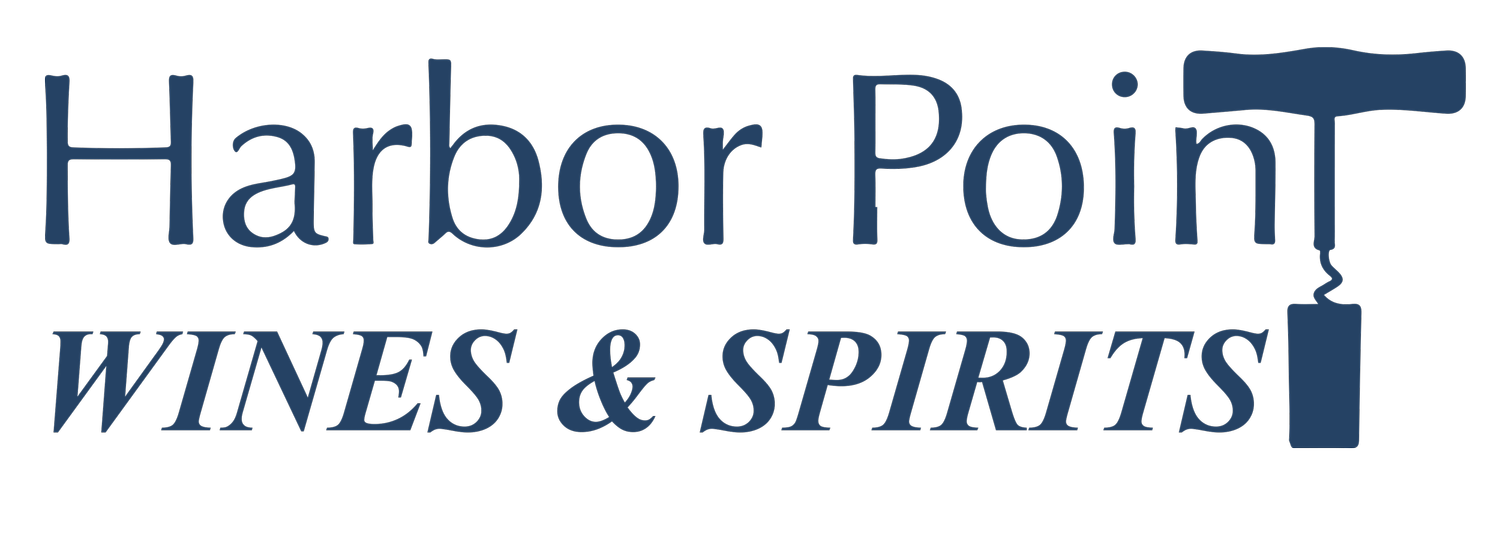Learning About Natural Wines
First, I’ll touch on Organic wine…
Every country has their own rules and regulations as to what you can do Organically or Sustainably to be labeled or not labeled as such. The primary difference in organic wine is the use, or non-use, of preservatives specifically sulfur dioxide (so2) and sulfites during the winemaking process. In the U.S., no additional sulfites may be added to any organic product, food or wine.
Conventional wine (meaning large brands that are marketed to the public) have remained the wine of preference. These Wines can have over 10 or more different additives during the fermentation and production in the winery. We cannot emphasize enough how crucial natural and organic wine is in the fight for sustainability in the wine industry.
The efforts in the vineyard and cellar play an enormous role in creating sustainable and eco-friendly wine.
To best define Organic wine—it is wine from grapes grown in accordance with principals of organic farming which excludes the use of artificial chemical fertilizers, pesticides and herbicides
Second, let’s talk about Natural wine…
Natural winemaking is a style loosely defined as using native yeasts in the fermentation process and minimal or no sulfur dioxide in the winemaking process. It may also mean unfined and unfiltered wine as well. Natural winemaking is not governed by laws in the U.S. and has no inspection or verification process unless it is a biodynamic wine. Estimates are that less than 10% of the organically grown wine in the US is made in a natural winemaking style, most of that is certified biodynamic wine.
Natural winemakers may use organic or biodynamic grapes in their wines. Using native yeasts and relying on minimal manipulation often means that wines have a varying flavor profile year to year so different vintages vary more than conventionally made wine due to the additives.
Finally let’s talk about Sustainable wine…
Some farmers take additional steps beyond standard organic winemaking to apply sustainable farming practices, including the use of composting which spans both soil health, zero waste-and the cultivation of plants that attract insects that are beneficial to the health of the vines, i.e. Lady Bugs. It also includes the use of animals, such as sheep, to keep the vineyard floor clean naturally. The winemakers allow weeds and wildflowers to grow between the vines. Responsible water use in sustainable wine addresses both minimizing water use through techniques from drip irrigation to waste management Sustainability encompasses recycled glass in bottles, and explores more environmentally friendly packaging such as boxes. Renewable energy, energy efficiency, and improvements in infrastructure such as capturing and recycling CO2 are used as well.
